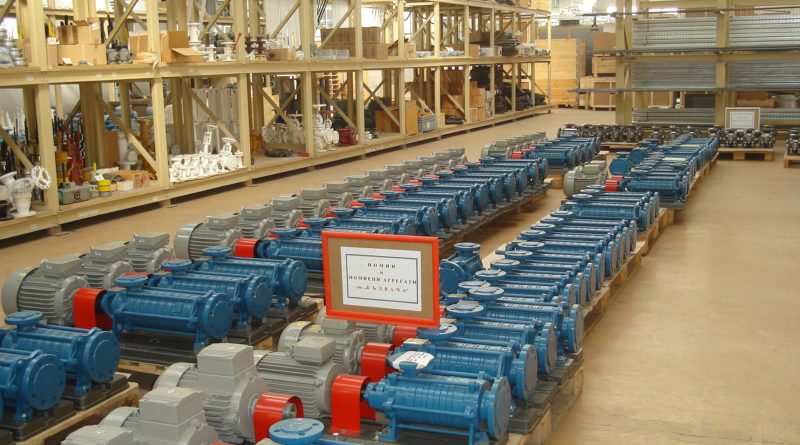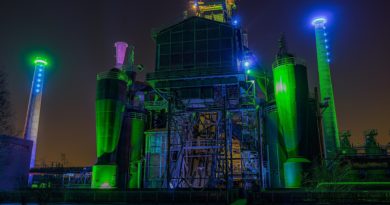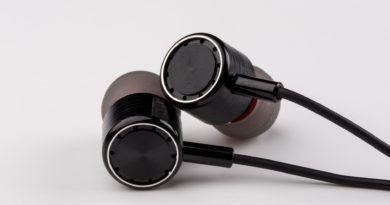Court Proposes Driving Bans on Diesel in Germany
A legal scuffle has shaken Dusseldorf and Stuttgart, Germany, with a new landmark ruling from the Leipzig Administrative Court that municipalities may enforce legal bans on old, dirty diesel engines in specific areas in an effort to battle air pollution. The extreme ruling, which centers on these two smog-ridden cities, plunges masses of auto owners into uncertainty and confusion and may well restructure inner-city transport, if not topple the auto industry.
It also might have sweeping ramifications in the major economy of Europe. In fact, EY consulting analysts say that only the newest diesel automobiles that observe the most stringent Euro 6 principles will dodge the prospective driving constraints, leaving around 10 million outmoded diesels as potential targets.
While the court itself never imposed actual bans, leaving it up to municipalities and local authorities, the judges did advise them to implement bans within proportion, initiate restrictions slowly, and make allowances for specific immunities.
The decision is a huge setback for the government of Europe’s largest economy as well as its monumental automakers. The industry has long been opposed to bans on driving fearing that diesel owners will be angered that the value of their cars might nose-dive. In an effort to soothe them, the government stressed that there would be no changes overnight and actual bans aren’t inevitable.
Barbara Hendricks, Minister of Environment, explained that bans on driving could be avoided and her intention is to ensure they don’t come into effect. Chancellor Angela Merkel also stressed that the ruling only involved specific cities, not the whole country and every car owner.
Nevertheless, the upshot is a titanic win for the Deutsche Umwelthilfe (DUH) environmentalist group that sued Dusseldorf and Stuttgart to compel them to move against the noxious fine particles and nitrogen oxides that old diesel engines emit. Top judges of the country’s administrative court finally took their side — a move lauded by Juergen Resch, DUH head, as a great day for clean air in Germany.
The damaging health effects of noxious gases (including heart problems, respiratory illnesses, and thousands of annual premature deaths) and fine particles have been a source of concern especially after Volkswagen acknowledged in 2015, in what was called the “dieselgate” scandal, that it installed underhanded devices in masses of cars that permitted them to covertly emit much more NOx (nitrogen oxide) than is lawfully permitted. Additional auto makers were also suspected.
The Federal Environment Agency said in 2017 that around 70 cities in Germany, including Stuttgart, Cologne, and Munich, logged mean levels of NO2 well over EU thresholds. Germany may well face prosecution from Brussels should it fail to achieve EU objectives.




